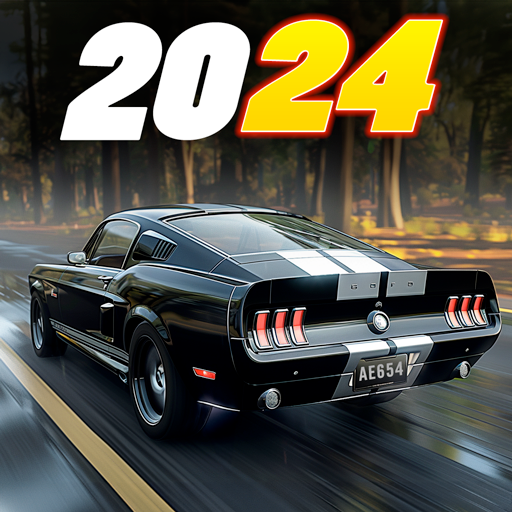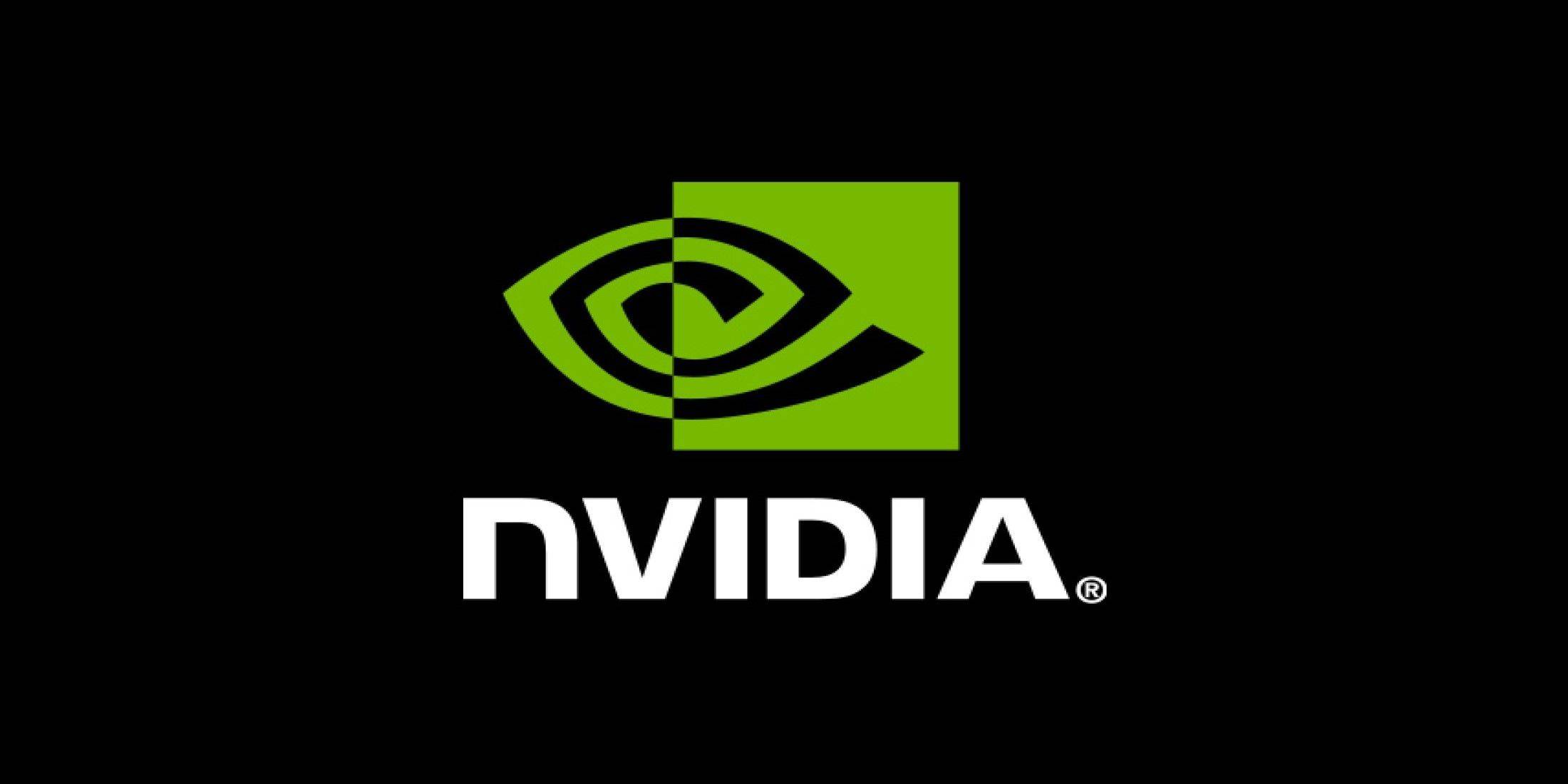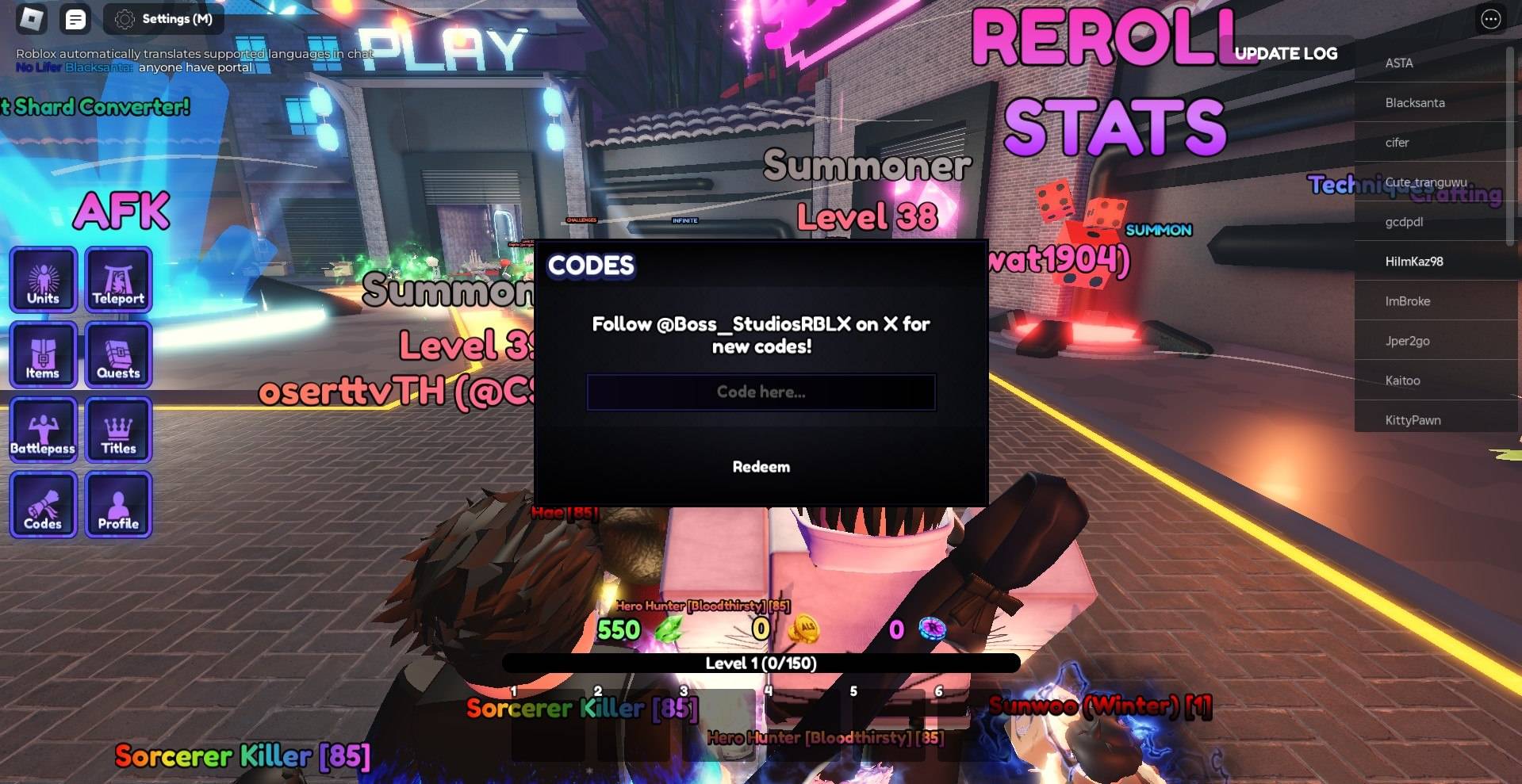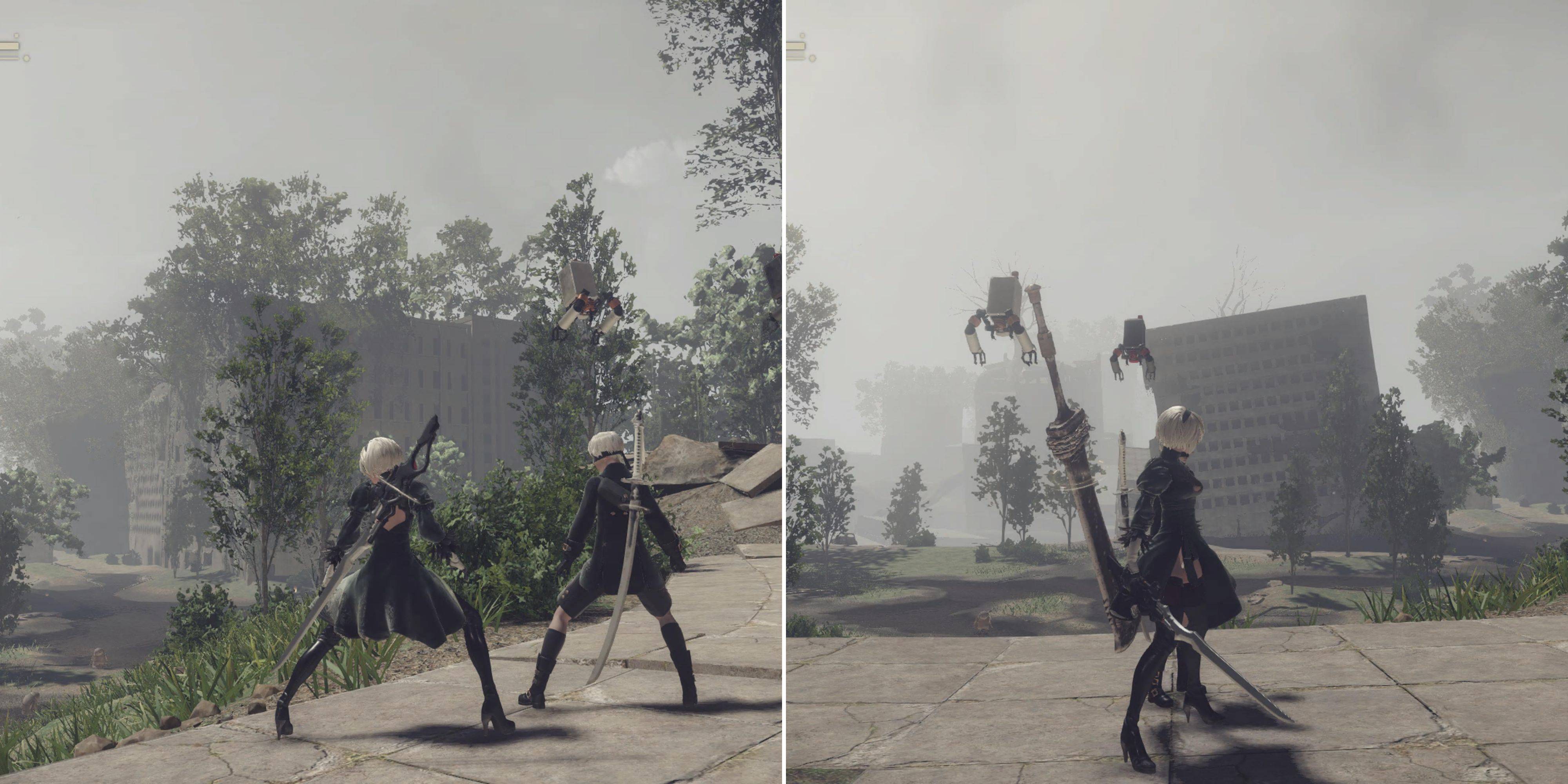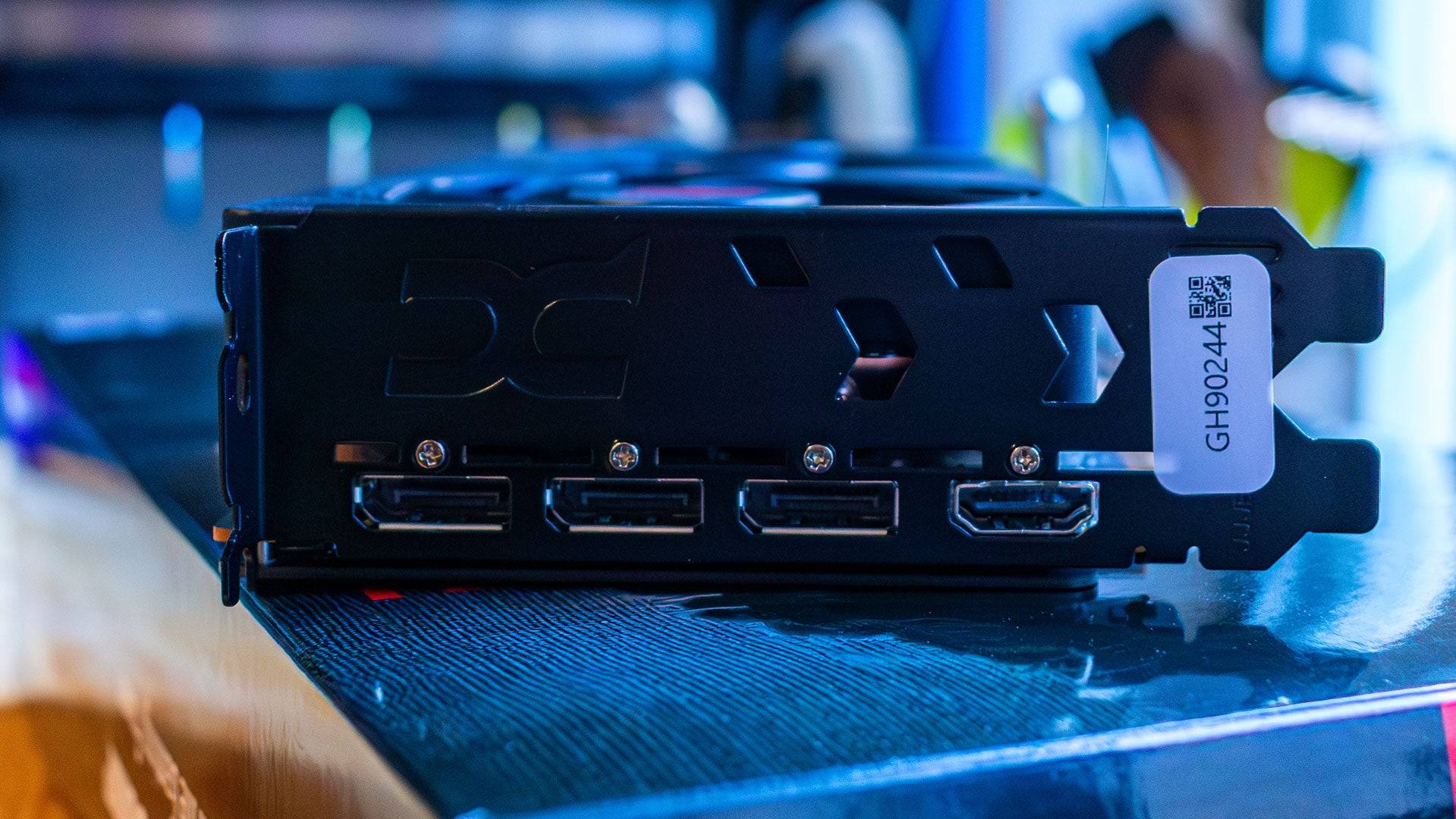Capcom's Revival: From Resident Evil 6 to Monster Hunter Wilds' Success
With Monster Hunter Wilds breaking Steam records and the Resident Evil series more popular than ever, thanks to Village and a series of stellar remakes, it's almost as if Capcom is incapable of failure. However, this wasn't always the case. Less than a decade ago, Capcom was struggling after a string of critical and commercial flops. The company had lost its way and its audience, grappling with an identity crisis.
Capcom's flagship series, Resident Evil, which pioneered the survival horror genre, had strayed from its roots after Resident Evil 4. Similarly, the iconic Street Fighter series was faltering following the disappointing reception of Street Fighter 5. It seemed like the end for Capcom and its beloved franchises.
However, a strategic shift in game development, bolstered by the adoption of a powerful new game engine, revitalized these series. This change sparked a period of critical and financial success that propelled Capcom back into the gaming industry's spotlight.
Resident Evil Lost Its Way
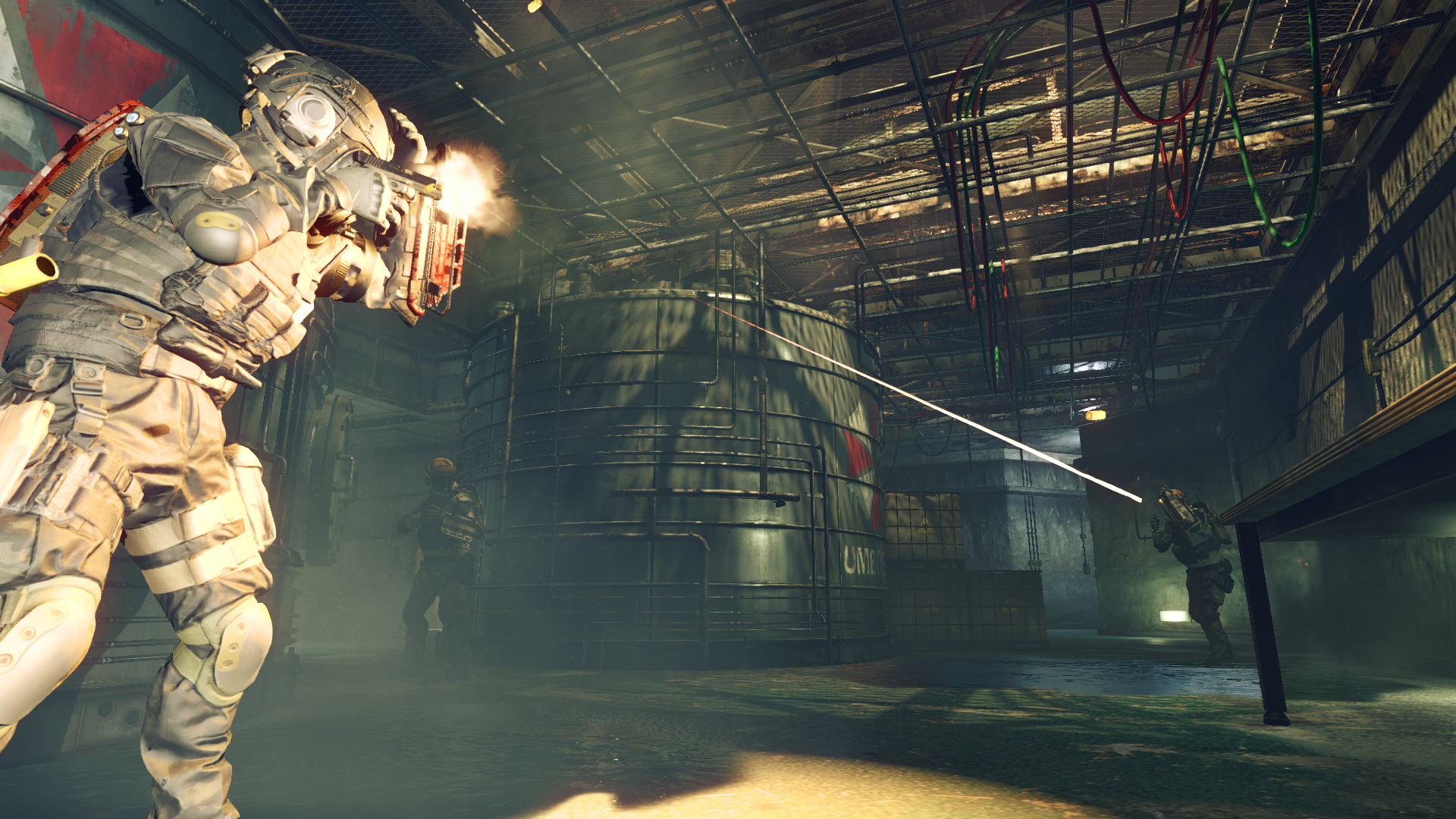
2016 was a challenging year for Capcom. The release of Umbrella Corps, an online co-op shooter, was met with harsh criticism from reviewers and fans alike. Street Fighter 5 disappointed long-time fans with its lackluster content, and Dead Rising 4 marked the end of new entries in that series. This period was the culmination of a difficult stretch for Capcom, which had been struggling since 2010. The mainline Resident Evil games received diminishing critical reception despite strong sales, and Street Fighter was struggling. Meanwhile, other key franchises like Devil May Cry were absent, and Monster Hunter, while hugely popular in Japan, had difficulty breaking into international markets.
Capcom's creative team recognized that the desires of fans and players were diverging from what the company was producing. This realization marked a turning point. Since 2017, Capcom has been on a roll, releasing a string of successful games from its most famous franchises, including Monster Hunter World, Devil May Cry 5, Street Fighter 6, and a series of critically acclaimed remakes and a soft reboot of the Resident Evil series. This resurgence wasn't just about learning from past mistakes; it required a complete overhaul of Capcom's strategy, from targeting players to leveraging new technology.
Capcom, founded in 1979 as a maker of electronic game machines, rose to prominence in the 80s and 90s with 2D games like Street Fighter and Mega Man. The transition to 3D with games like Resident Evil and the subsequent success of Resident Evil 4 in 2005 marked a high point for the franchise, blending horror with action in a way that captivated players. However, subsequent titles lost the delicate balance between horror and action, with Resident Evil 6 trying to cater to both genres but ultimately satisfying neither.
The struggles weren't limited to Resident Evil. After the success of Street Fighter 4, the sequel Street Fighter 5 was criticized for its barebones launch and poor online functionality. Other key franchises like Devil May Cry and attempts to capture Western markets with titles like Lost Planet and Asura's Wrath also failed to resonate with audiences. Amidst these challenges, Dragon's Dogma emerged as a bright spot, but overall, Capcom's focus was scattered.
Street Fighter 5, The Lost Cause
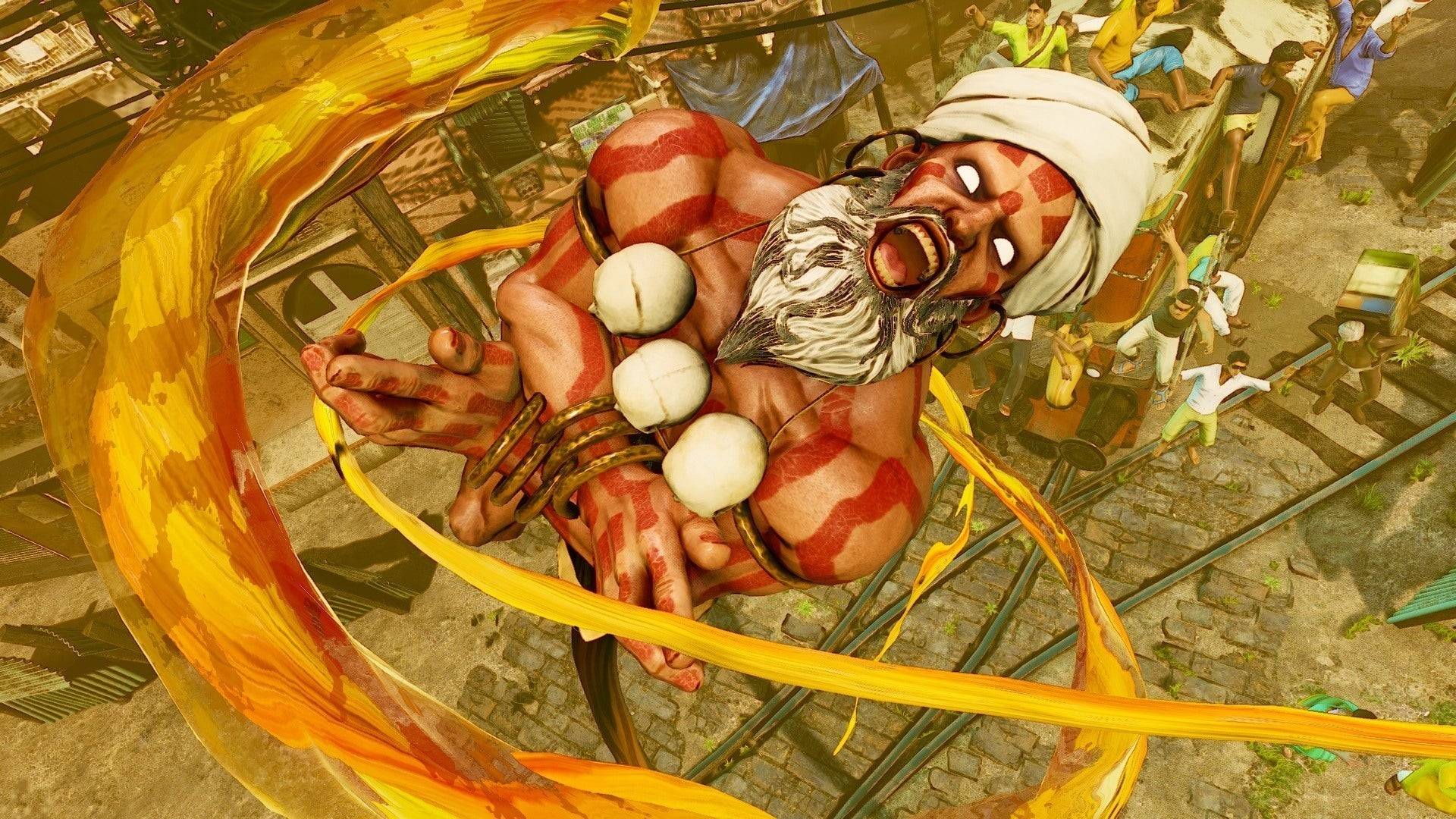
By the mid-2010s, Capcom initiated significant changes to turn its fortunes around. The first step was to address the issues with Street Fighter 5. Directors Takayuki Nakayama and producer Shuhei Matsumoto were tasked with stabilizing the game. Although they couldn't overhaul it completely, they focused on fixing the most pressing issues and laying the groundwork for Street Fighter 6. The development of Street Fighter 5 became a learning experience, with updates and new mechanics like V-Shift tested to improve the game and inform the sequel. The goal was to rediscover the fun in fighting games, ensuring they were enjoyable for both new and experienced players.
Monster Hunter Took Over The World
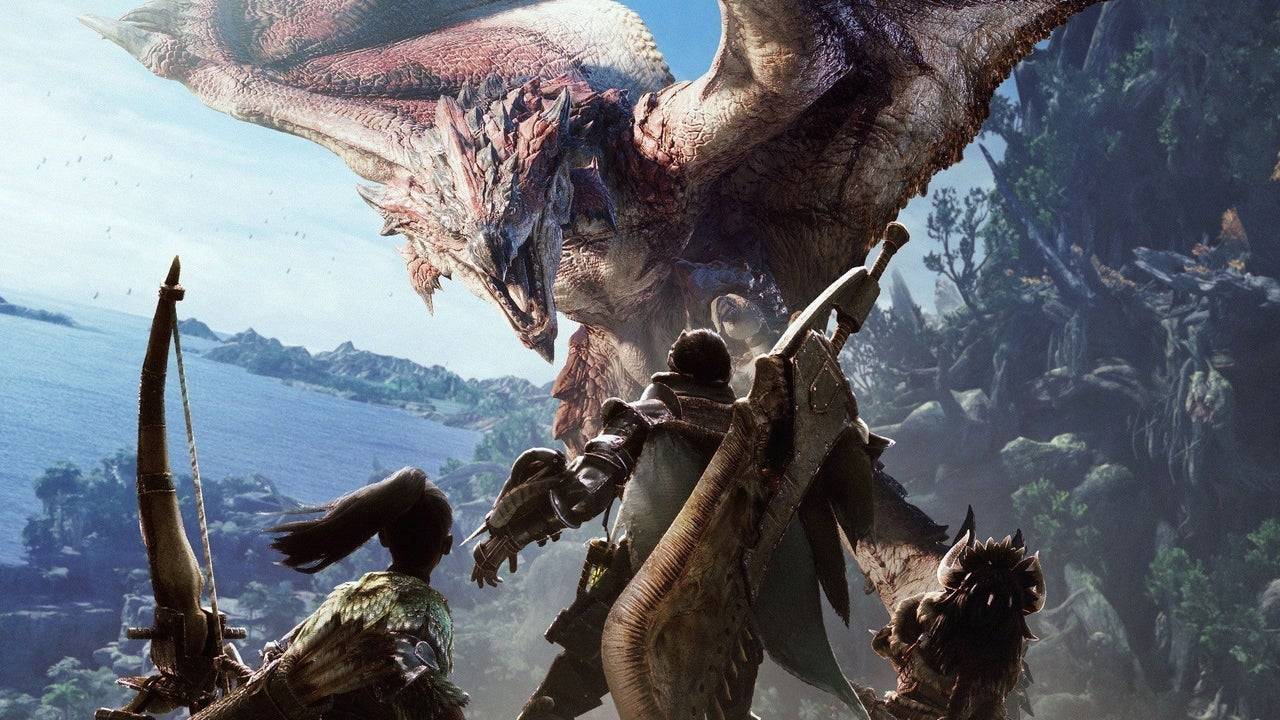
Around the time of Street Fighter 5's launch, Capcom underwent an internal reorganization and introduced the RE Engine, replacing the outdated MT Framework. This shift was part of a broader strategy to create games for a global audience, not just territory-specific fans. Monster Hunter, which had been primarily successful in Japan, was poised to break into international markets with Monster Hunter: World. Released in 2018, this game was designed for a worldwide audience, with simultaneous global release and no exclusive content for any region. Focus tests and player feedback were used to refine the game, resulting in unprecedented sales success for the franchise.
Resident Evil 7 Began Turning Things Around
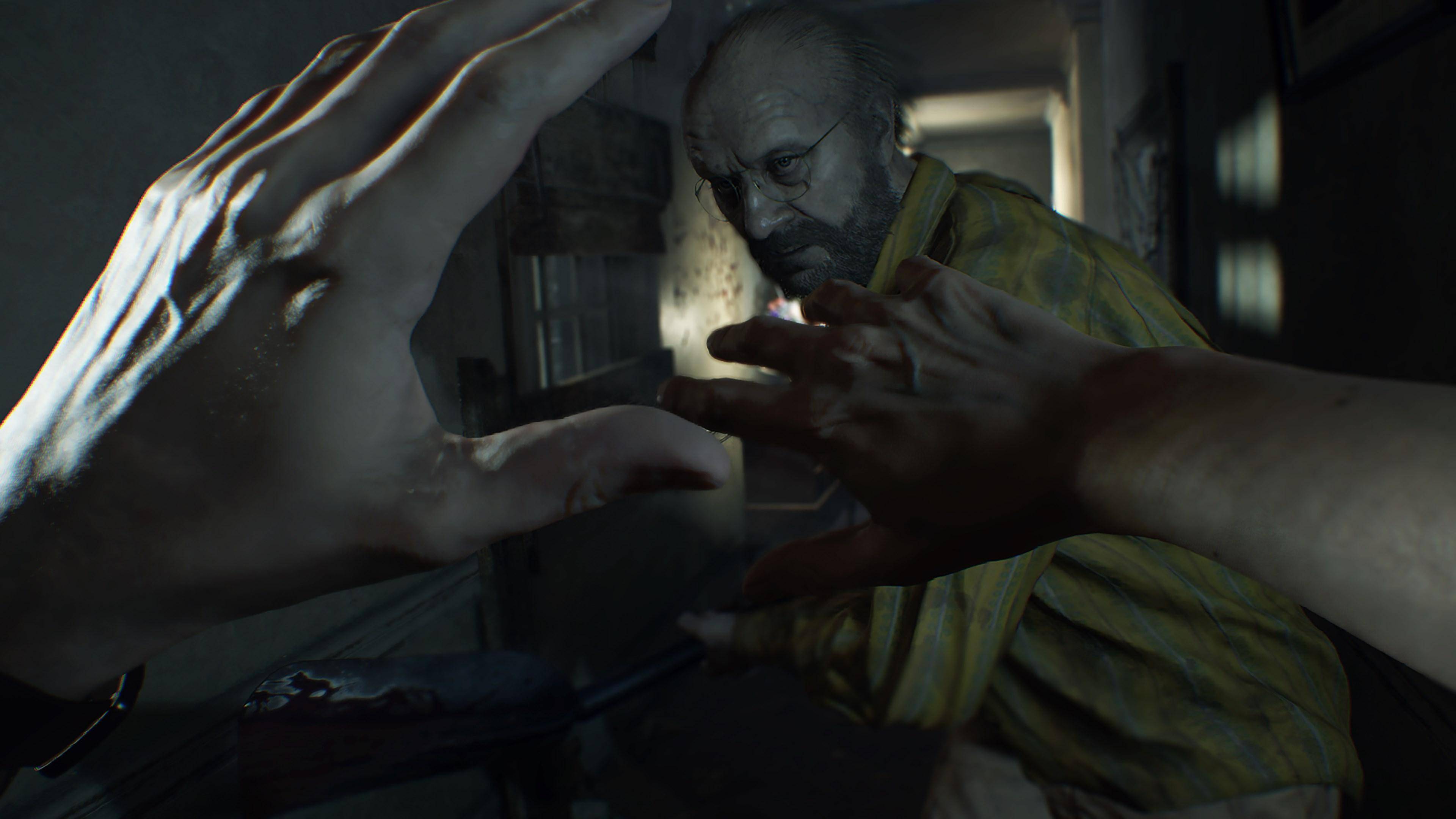
For Resident Evil, the decision was made to return to its survival horror roots. Resident Evil 7, announced at PlayStation's E3 2016 conference, embraced a first-person perspective to reignite the series' horror elements. The game was a success, bringing back the fear that had been lost in previous iterations. Capcom also capitalized on the demand for remakes, starting with Resident Evil 2, which became one of the best-selling games in the franchise. The subsequent remakes of Resident Evil 3 and Resident Evil 4 further solidified the series' return to form, balancing action and horror effectively.
The Reason Behind The Change
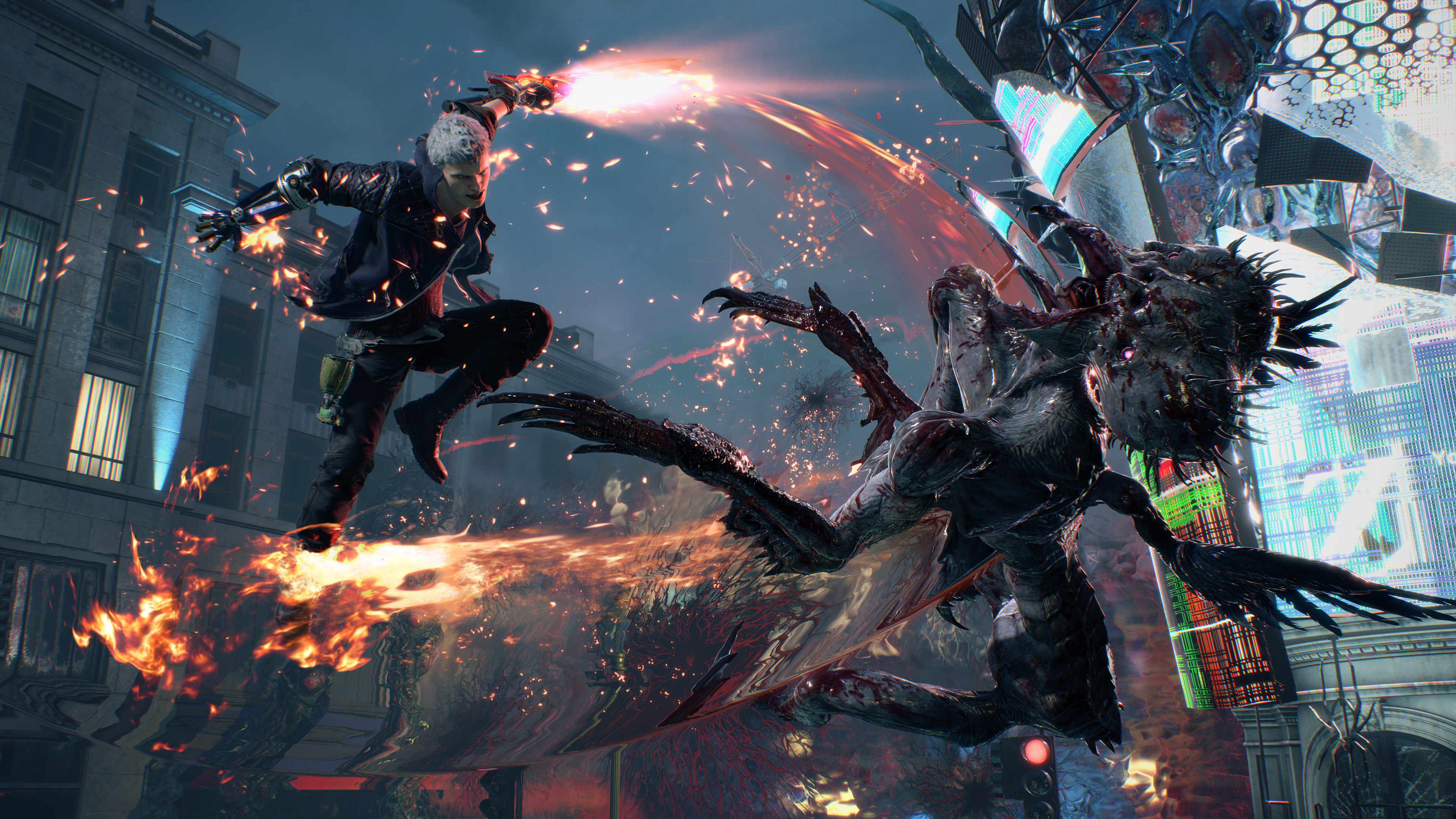
The introduction of the RE Engine was pivotal. It allowed for higher visual fidelity and more agile development, enabling Capcom's teams to experiment and refine their games more effectively. For Devil May Cry 5, director Hideaki Itsuno leveraged this technology to create a visually stunning and stylistically ambitious game, aiming to make the "coolest" action game possible.
A New Capcom Golden Age
Since 2017, Capcom has consistently released critically acclaimed games, achieving a level of consistency rare among major studios. By focusing on creating globally appealing games with advanced technology, Capcom has managed to maintain the essence of its franchises while expanding their audiences. This strategic shift has ushered in a new golden age for Capcom, with no signs of slowing down. The company's directors acknowledge this era, expressing excitement and determination to continue this success year after year.
Latest Articles

![1xBet [Updated]](https://imgs.yx260.com/uploads/76/1719623227667f5e3be7616.jpg)



